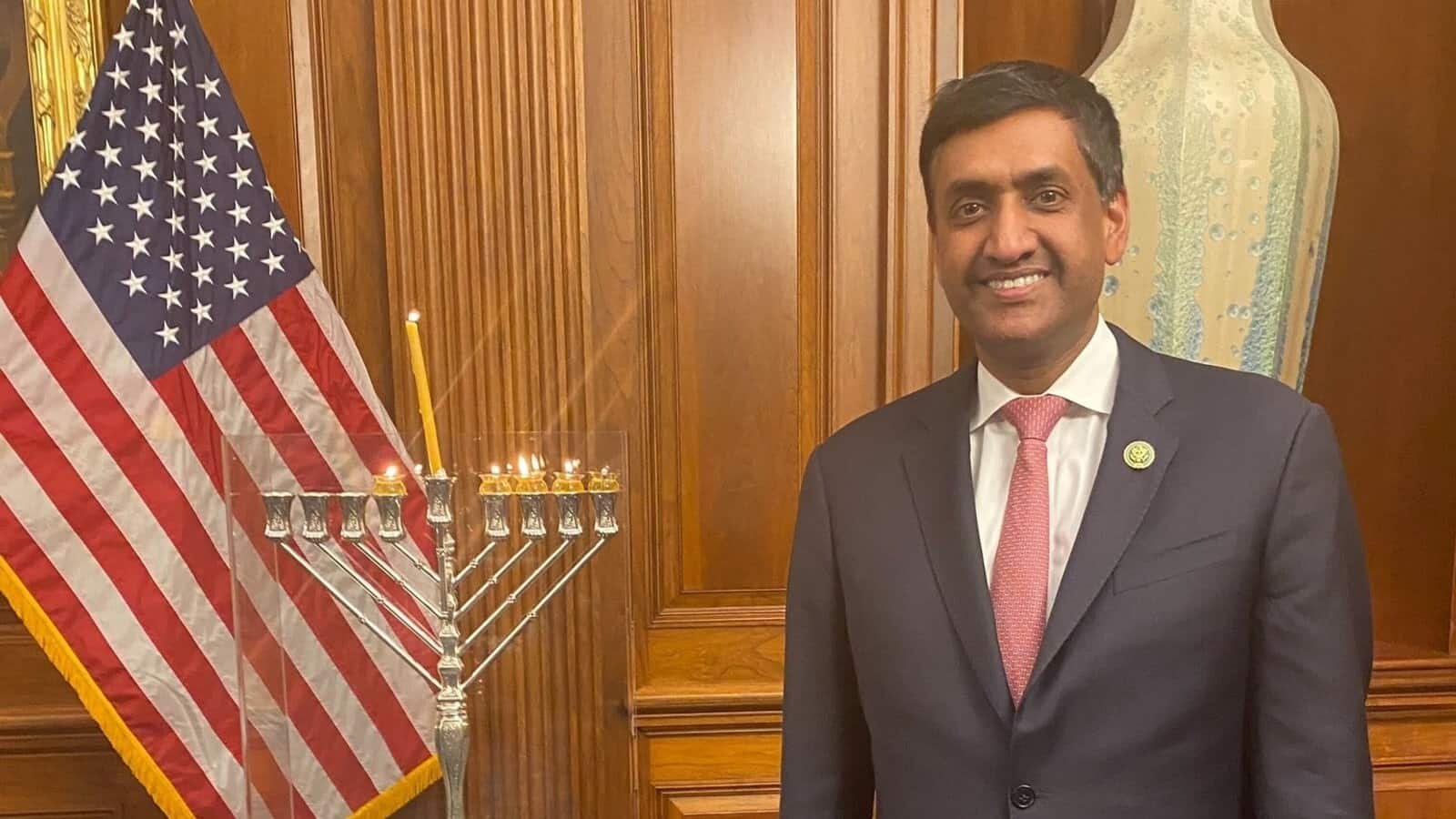
Indian-American Congressman criticizes Biden's stance on green cards
What's the story
Indian American Congressman Ro Khanna has voiced his dissatisfaction with the inaction of Joe Biden's administration on the Equal Access to Green Cards for Legal Employment (EAGLE) Act. This legislation—aimed at addressing the backlog affecting Indian professionals seeking Green Cards and dealing with H-1B visa issues—hasn't moved ahead despite bipartisan calls for reform. "I'm deeply disappointed that my amendment to include it in this year's National Defense Authorization Act was not given a vote," he wrote on X.
Economic benefits
EAGLE Act's potential impact on immigration backlog
Khanna highlighted the economic benefits of the EAGLE Act, stating, "The EAGLE Act will benefit our economy by lifting the arbitrary per-country green card caps." He also noted that immigrants contribute vital skills to the United States's economy and help fill a critical shortage. The EAGLE Act of 2022 "increases the per-country cap on family-based immigrant visas from 7% of the total number of such visas available that year to 15% and eliminates the per-country cap for employment-based immigrant visas."
Waiting period
Current immigration laws project long wait times
David J Bier, Associate Director of Immigration Studies at the Cato Institute, has projected wait times of up to 90 years for skilled Indian immigrants under current laws. He noted that over two lakh are likely to die before receiving a green card and around 90,000 children of immigrants—mainly Indians—will "age out" of green card eligibility during their waits.
Family unity
New immigration policy promotes family unity
Instead, the Biden administration has announced a new immigration policy aimed at promoting family unity. The Department of Homeland Security (DHS) will allow noncitizens who marry Americans to petition for lawful permanent residency without leaving the country. This procedure is expected to benefit 500,000 noncitizen spouses of US citizens who have lived there for over 23 years. To be eligible, noncitizens must have resided in the US for 10 years or more and be legally married to a US citizen.
Policy critique
Criticism of new policy's impact on skilled workers
The new policy has been criticized for potentially worsening the situation for legal skilled workers stuck in the backlog, particularly Indian-Americans who primarily come to the US on H-1B work visas. Critics argue that it does nothing to alleviate their plight. One critic, Anuj, stated that under the new process, many undocumented people residing in the US will be eligible for H-1B and may eventually qualify for EB visas as well, potentially increasing wait times for those already approved.